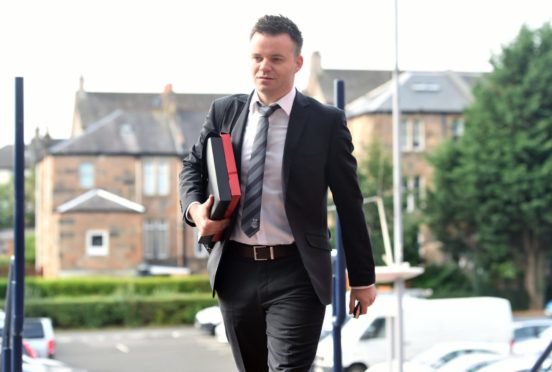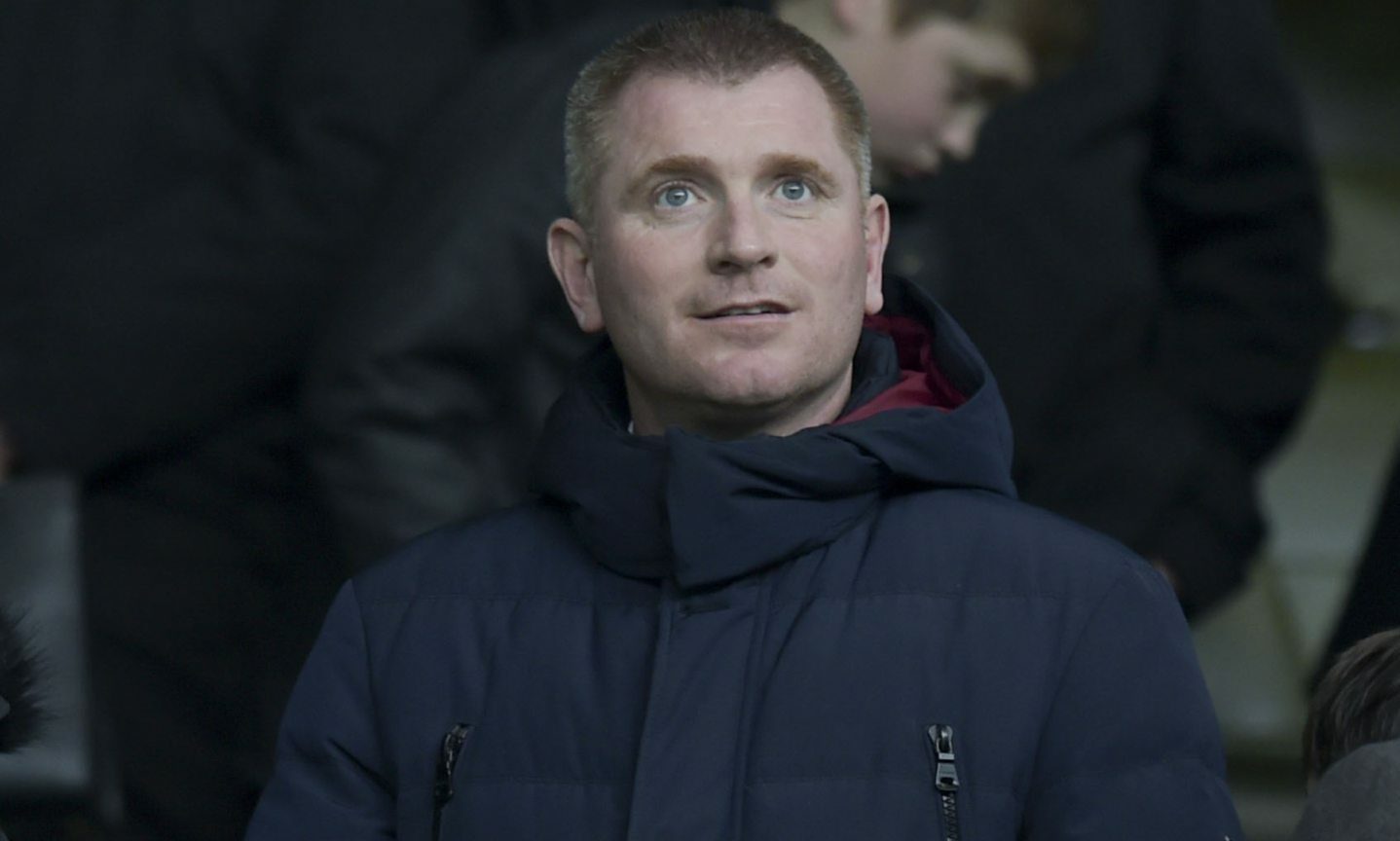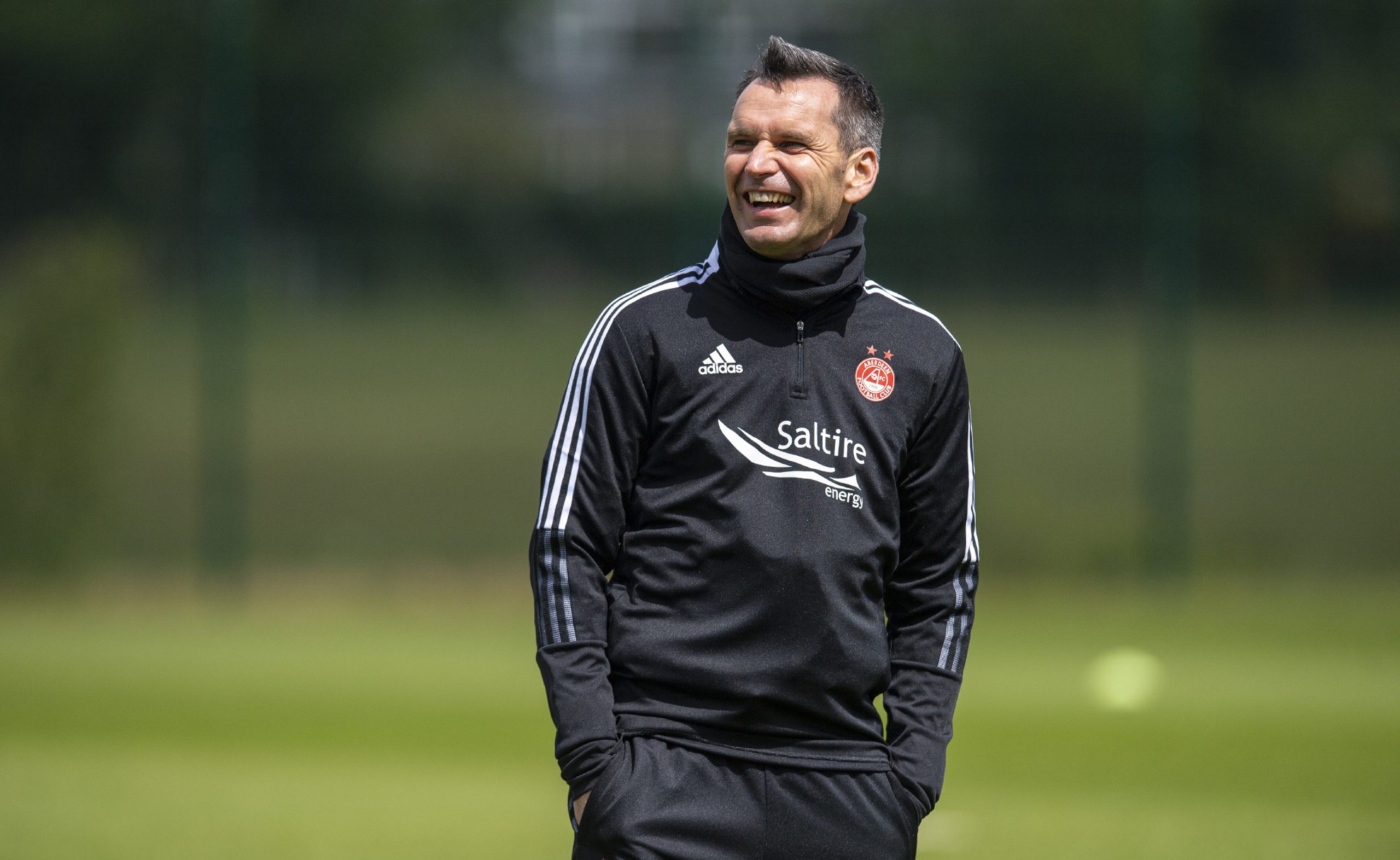It might not be as interesting to supporters as a new striker coming in the door – but the head of recruitment role at clubs like Aberdeen is vital and it’s important they get the appointment right.
The Dons are closing in on a replacement for Russ Richardson, who left in May as part of shake-up under chairman Dave Cormack which has seen Stephen Glass come in as manager – along with assistant Allan Russell, and coaches Henry Apaloo and Scott Brown – and Steven Gunn promoted to director of football. Zoe Ogilvie also joined the board as the club’s first female director.
Last week Gunn revealed the Reds had received a pile of applications for the “massive” head of recruitment role and, although they hope to conclude the process this month, he’s determined they get the decision “absolutely right”.
Former Celtic striker Tommy Johnson, 50, has been linked to the job and left Blackpool over the weekend.
Modern managers can’t do it all themselves
Aberdeen’s new head of recruitment is the person who may be charged with finding a star striker – or a goalkeeper, defender or midfielder – down the line.
Recruitment of playing talent is extremely important.
In the summer window so far, Glass has been able to sign experienced Scottish Premiership players Jay Emmanuel-Thomas, Declan Gallagher and Brown, while also acquiring two players, in right-back Jack Gurr and forward Christian Ramirez, who he knows from his time coaching in the United States. He has also landed Brighton midfielder Teddy Jenks on loan.
But, once in position, for the remainder of the window and windows going forward, it will be the head of recruitment’s job to find players to fill the gaps the manager sees in his squad.
A strong relationship and communication between the manager, director of football and the head of recruitment will be crucial in determining, finding and signing the players required.
You want to have a head of recruitment who is out there travelling around, watching games, maybe finding gems in addition to the players – young talents or seasoned professionals – they’ve gone to see.
A head of recruitment can take a broader overview of what’s available out there, instead of the club having to rely on the manager’s, coaches’ or director’s contacts and their recommendations to source new recruits.
It’s really hard for a modern manager to do all their own recruitment, especially when they’re looking down south as club’s in the Premiership often do, with the English Football League awash with teams and players.
There’s a lot of miles involved, and we know from former Aberdeen gaffer Derek McInnes’ comments they wouldn’t have unearthed now-multi-million-pound striker Sam Cosgrove, for example, without having former chief scout Richardson on the ground to go to Carlisle games and watch him play.
It’s something managers used to do. Even in my time as Pittodrie manager in the 1990s, I used to jump in the car myself and drive from Aberdeen to cover games in England – but it was torture.
It’s a huge task.
It’s also worth pointing out the Dons will often find themselves competing for talent with clubs, especially in England, who have more money to throw around, so having a recruitment-focused, very knowledgeable and well-connected member of staff spotting potential signings quickly could be the difference between landing a player or missing out.
Hopefully Aberdeen can appoint someone – the right candidate – soon, who can maybe even unearth a couple of diamonds, whether they’re permanent signings or loanees, before the summer is out.
Great to hear Aberdeen have resources to tie young talents down
I also read director of football Gunn discussing how the Dons are now striving to be “braver” in tying potential money-spinning young talents to long-term deals.
In an ideal world, if there’s money to do it, this is what you want. When I was at the club as director of football, it wasn’t an ideal world financially and there’s a degree of risk which comes with a five-year contract for a developing player who might have only played a handful of first-team matches.
Ultimately, Glass will decide which youngsters he wants to take the chance on after seeing them train and play.
You want to give youth an opportunity, but for every Scott McKenna – who was sold for millions to Nottingham Forest after becoming a mainstay – there is a player who doesn’t make the grade. It’s a fine balancing act.
But it’s great Aberdeen are in the position as a club to tie down those young talents who they think could be the stars of the future.



